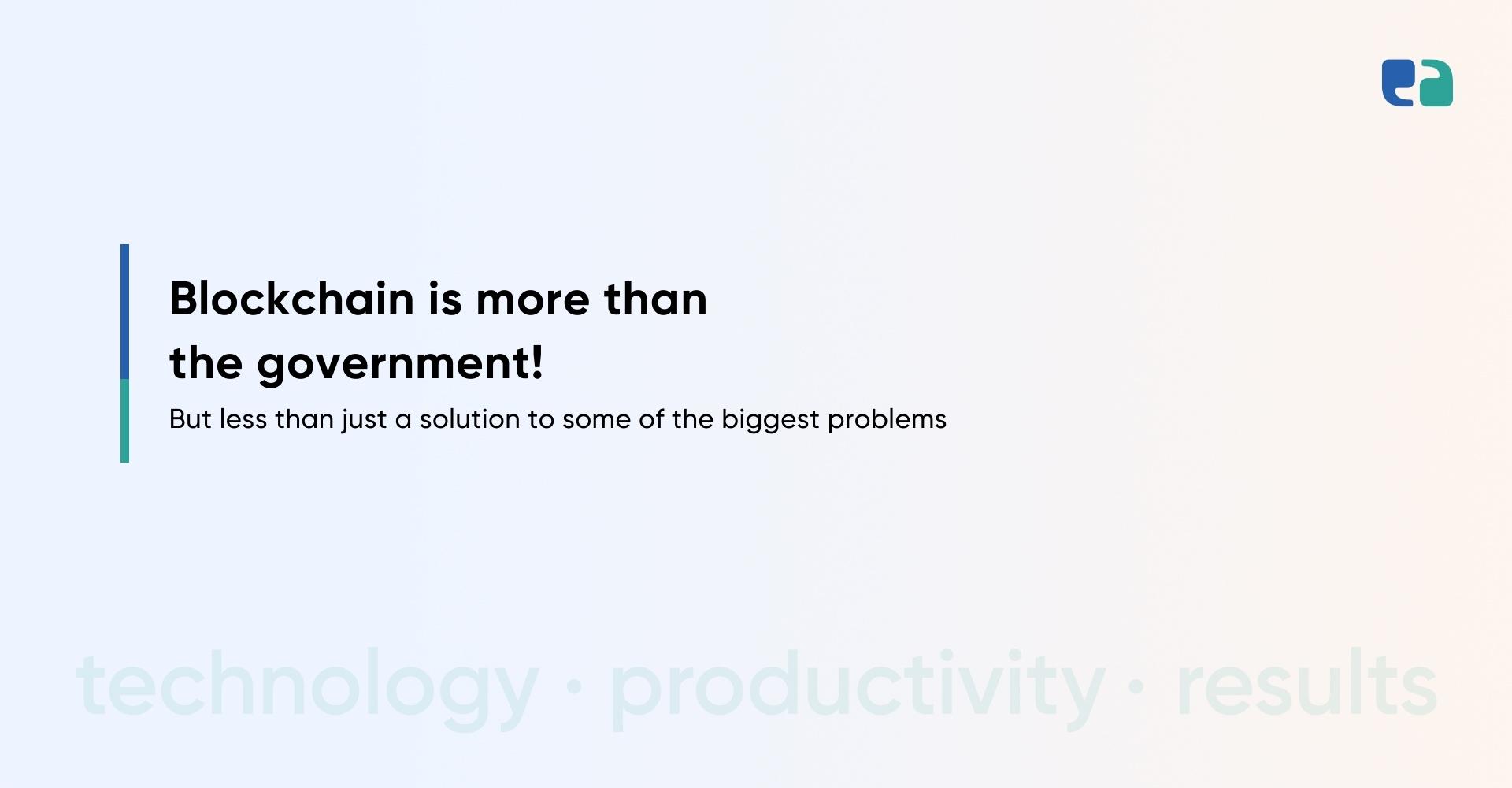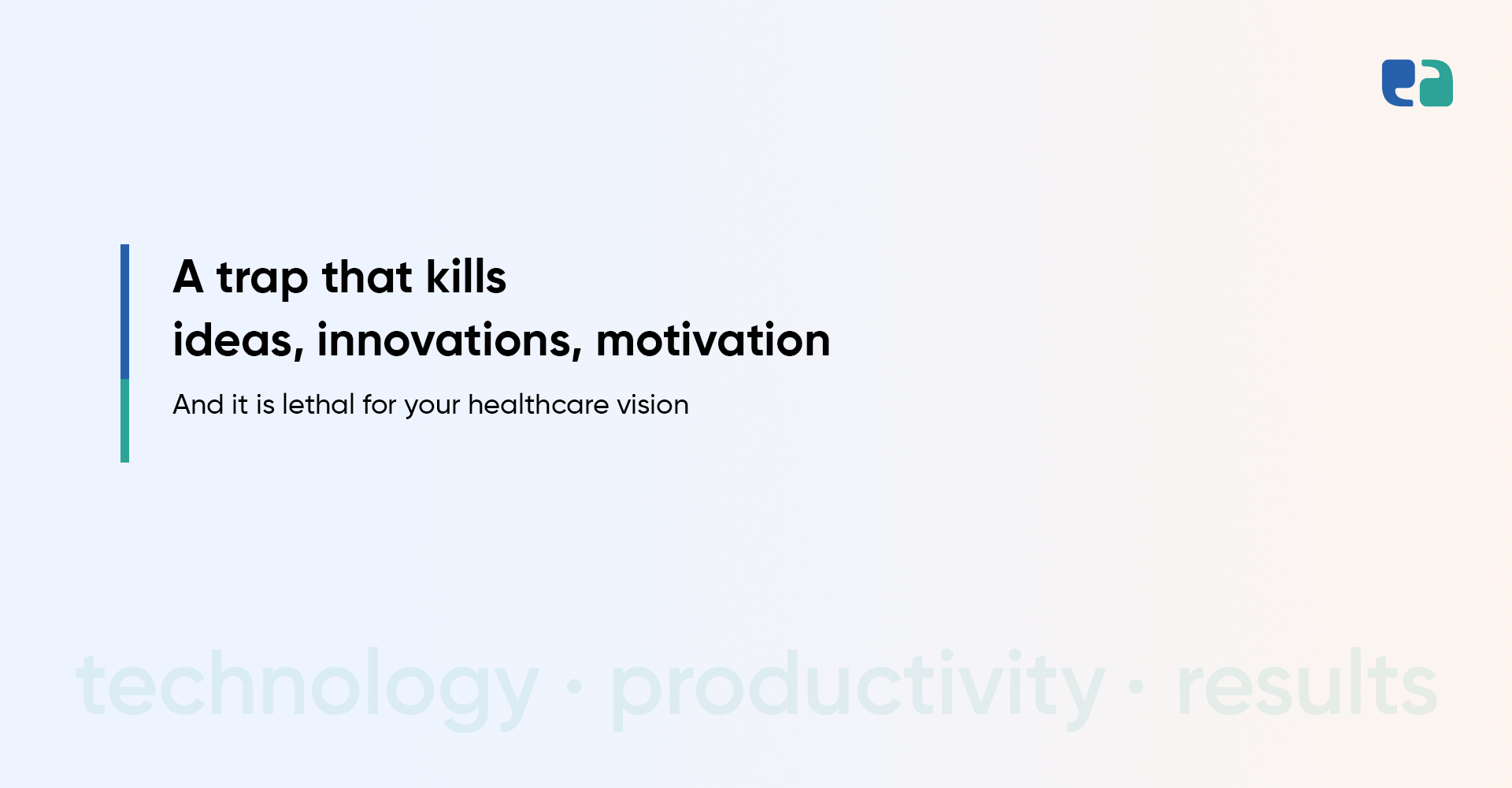Customer relationship management (CRM) software has emerged as a game-changer for the healthcare industry.
CRM software is often referred to as Patient Relationship Management software in the healthcare sector.
It not only streamlines administrative processes but also enhances patient care and satisfaction.
Let’s explore the significant benefits of using CRM software in healthcare, with real-world examples, showcasing its transformative potential.
1. Efficient Patient Data Management
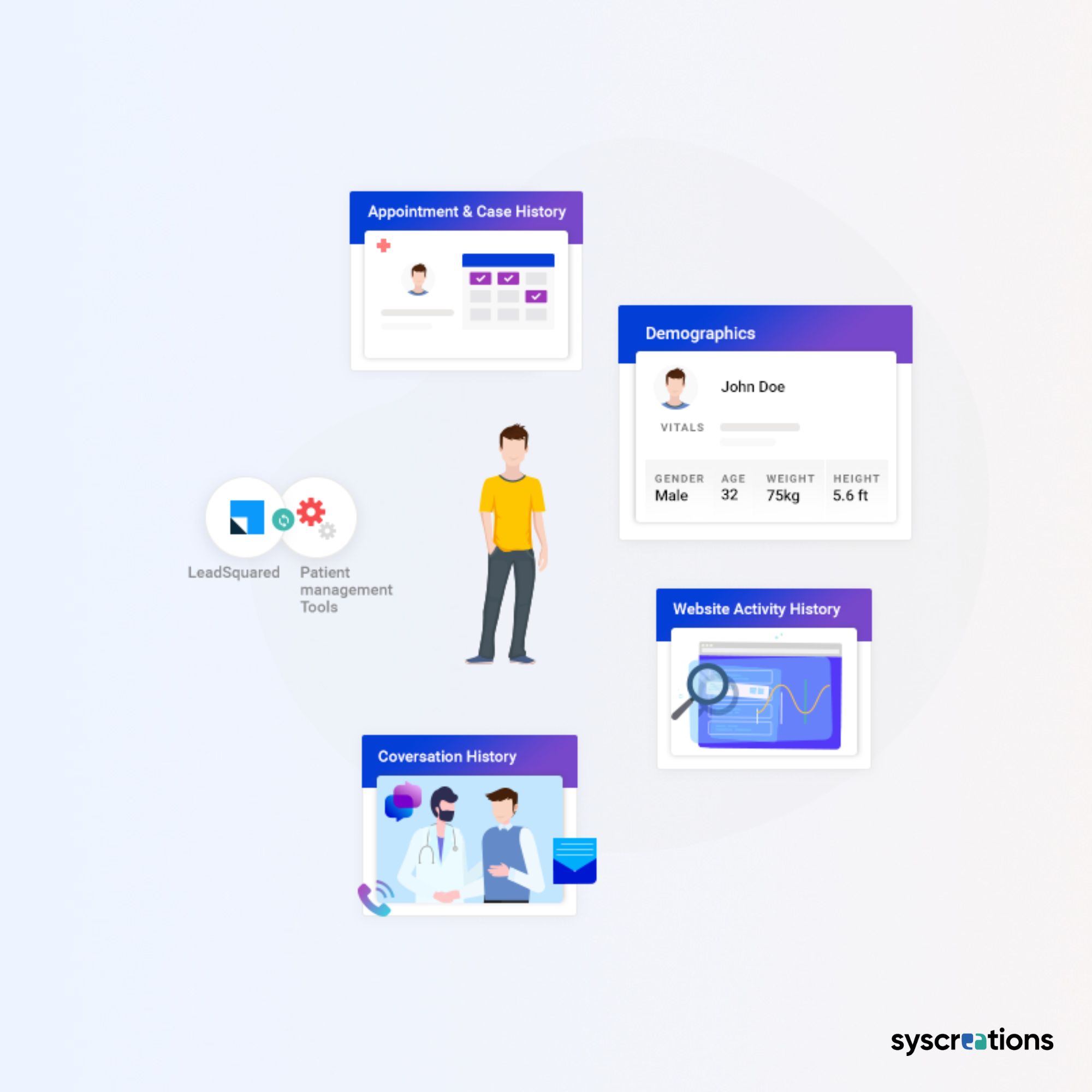
When it comes to healthcare, nothing is more important than keeping patient data organized and secure.
In the past, this task was a major pain!
With paper records causing endless headaches and slowdowns.
But now, thanks to CRM healthcare software, everything has changed for the better.
With a CRM system in place, patient information can be stored and managed in a single, secure location.
And with HIPAA-compliant software, authorized personnel can access records safely and efficiently.
This is especially crucial in the healthcare industry; where privacy is always a top priority.
To see the benefits of CRM software in action, just imagine a large hospital with countless departments and specialties.
With a comprehensive CRM system in place, patient records can
- Reduce errors
- Improve care coordination
- Be shared seamlessly across different units
And best of all!
Healthcare providers can access crucial patient information whenever and wherever they need it.
This level of efficiency would be impossible with paper records or disjointed digital systems.
So if you’re looking to streamline your healthcare operations and provide top-notch care to your patients, it’s time to explore the power of CRM software.
Your patients and your staff will thank you for it!
2. Enhanced Patient Engagement
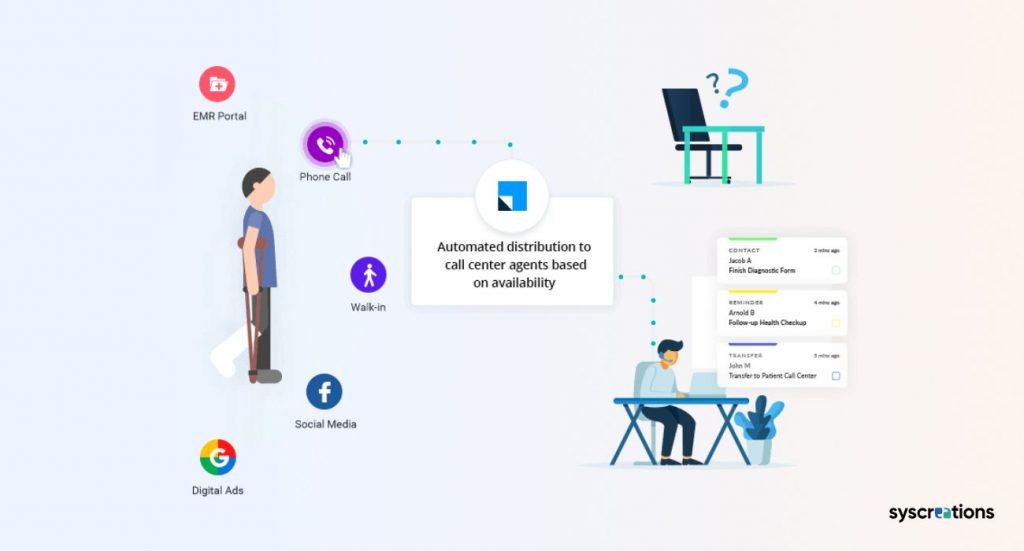
As a patient, you know how important it is to stay engaged in your healthcare journey.
When you’re actively involved, you’re more likely to follow through on treatment plans, make healthier choices, and ultimately achieve better outcomes.
That’s where CRM software comes in!
It’s a game-changer for fostering patient engagement in healthcare.
With CRM, your healthcare provider can send you automated reminders for
- Appointments
- Personalized health tips
- Follow-up instructions
This kind of communication helps build a stronger relationship between you and your healthcare provider, leading to more engagement and better outcomes.
Think about a dental clinic that uses CRM to improve patient engagement.
They send you automated dental care reminders, so you never miss a check-up or an important treatment.
Plus, they follow up with you after your visit to get your feedback on the experience.
This two-way conversation helps the clinic improve its services and shows you that your opinion matters.
And let’s be honest, who doesn’t love feeling heard and valued?
It all adds up to higher patient satisfaction and loyalty.
3. Improved Appointment Scheduling
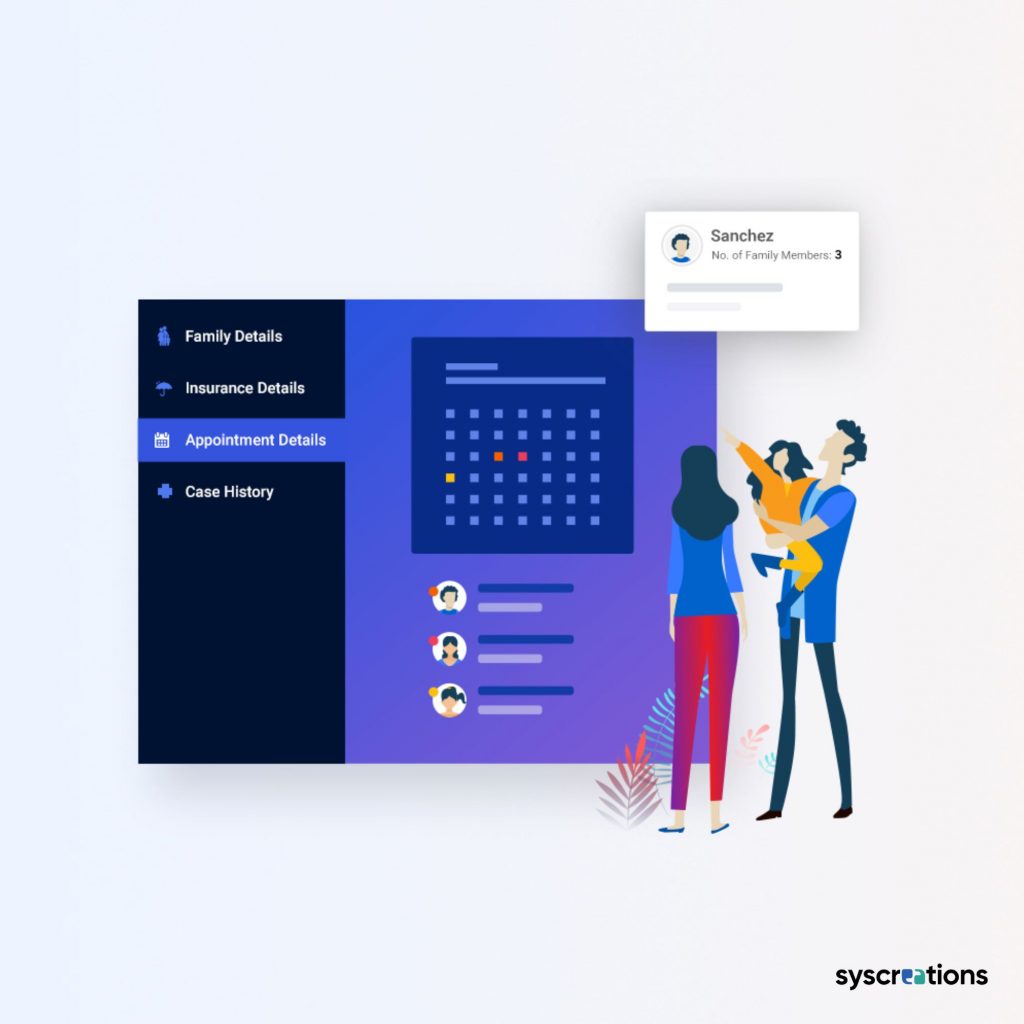
Booking a doctor’s appointment can be a real headache.
Between long wait times and scheduling conflicts, patients can feel like they’re stuck in a never-ending loop of frustration.
But there’s good news!
Healthcare CRM software is revolutionizing the way we schedule and manage appointments.
With the help of this innovative technology, patients can easily book appointments online, while healthcare providers can allocate resources more efficiently based on real-time data.
This means less waiting time for patients and more overall satisfaction.
Imagine a top-tier hospital that’s already taken advantage of this game-changing software.
With the help of a user-friendly online portal, patients can book appointments with ease.
Meanwhile, hospital administrators have access to the CRM system, allowing them to keep track of appointment availability and avoid overbooking.
The result?
A streamlined, patient-centric healthcare delivery system that’s optimized for efficiency.
4. Targeted Marketing and Outreach
As a healthcare provider, connecting with your patients is vital.
With the help of CRM software, you can now create marketing campaigns that truly speak to your patients on a personal level.
By analyzing patient data, you can segment your audience and send tailored messages that resonate with them.
For example, let’s take a women’s health clinic that caters to a range of services that are specific to women’s unique healthcare needs.
By using CRM, they can send reminders for preventive care and offers regarding women’s health services.
By customizing their messages to specific patient groups, the clinic has seen a significant increase in patient visits and engagement.
So, if you want to connect with your patients on a deeper level, CRM software is the way to go!
5. Better Follow-up Care
When it comes to patient recovery and overall health, continuity of care is crucial.
This means that aftercare is just as important as the initial treatment.
Especially when it comes to follow-up appointments and post-treatment instructions.
Fortunately, CRM healthcare software provides a reliable and efficient way to automate this process, ensuring that patients receive the support they need to make a full recovery.
Consider a rehabilitation center specializing in helping patients recover from injuries and surgeries.
With CRM software, they can schedule follow-up appointments, send rehabilitation exercise routines, and even provide educational materials to patients after they have been discharged.
Not only does this approach help patients continue their recovery journey more efficiently and effectively, but it also reduces the workload on healthcare providers, allowing them to focus on more critical tasks.
In short, CRM software is a valuable tool for ensuring that patients receive the best possible care, even after they have left the hospital.
6. Streamlined Billing and Payment
Managing bills and payments in healthcare can sometimes feel like navigating a maze.
It’s a headache for both patients and providers.
But, thanks to CRM software in healthcare, this once frustrating process is now a breeze!
Patients can easily access their invoices, make payments online, and even get help with insurance claims all through the CRM platform.
And, for medical billing companies, it’s a lifesaver!
The CRM helps streamline billing inquiries, which leads to faster payment processing.
This not only helps healthcare organizations maintain a healthy financial status, but it also improves the patient experience by reducing billing-related headaches.
7. Enhanced Staff Productivity
In healthcare, time is of the essence and every minute counts.
That’s why CRM systems have become a lifesaver for medical practices.
By automating routine tasks, these systems help streamline staff workflows and free up valuable time for patient care.
For example, a bustling practice can use CRM to manage patient inquiries effortlessly.
The CRM system sorts inquiries, assigns them to the right team members, and even auto-generates responses for frequently asked questions!
This means that healthcare professionals can work more efficiently, without getting bogged down by administrative tasks.
As a result, staff productivity improves, and patients are more satisfied with the services they receive.
Moreover, CRM data can help providers analyze staff performance and identify areas where additional training or resources may be required.
With CRM, healthcare providers can manage their time better, improve patient outcomes, and ultimately provide better care for those who need it the most.
8. Data-Driven Decision Making
Healthcare providers have a secret weapon for delivering top-notch care: data.
It’s true!
With the help of CRM software, providers can unlock the full potential of this powerful tool.
By capturing and analyzing patient data, they gain valuable insights that inform their decisions and improve patient outcomes.
Let’s say you’re in charge of a network of clinics spread across a region.
With CRM analytics, you can track patient demographics, appointment trends, and service utilization patterns.
This data-driven approach helps you optimize resource allocation, enhance patient care, and streamline operations.
Plus, it enables you to stay ahead of the curve and respond to changing patient needs and market dynamics with ease.
Who knew data could be so cool?
9. Compliance with Regulations
When it comes to healthcare, following regulations is an absolute must.
That’s why HIPAA-compliant CRM is vital!
It ensures that patient data stays safe and meets all regulatory requirements.
Just imagine the consequences of a breach: legal and financial troubles that no healthcare provider wants to face.
Fortunately, telehealth services are using CRM to keep patient interactions secure and in line with HIPAA guidelines.
This keeps patient information private and builds trust between them and their healthcare provider.
After all, reputation is everything in the healthcare industry.
10. Continuous Improvement
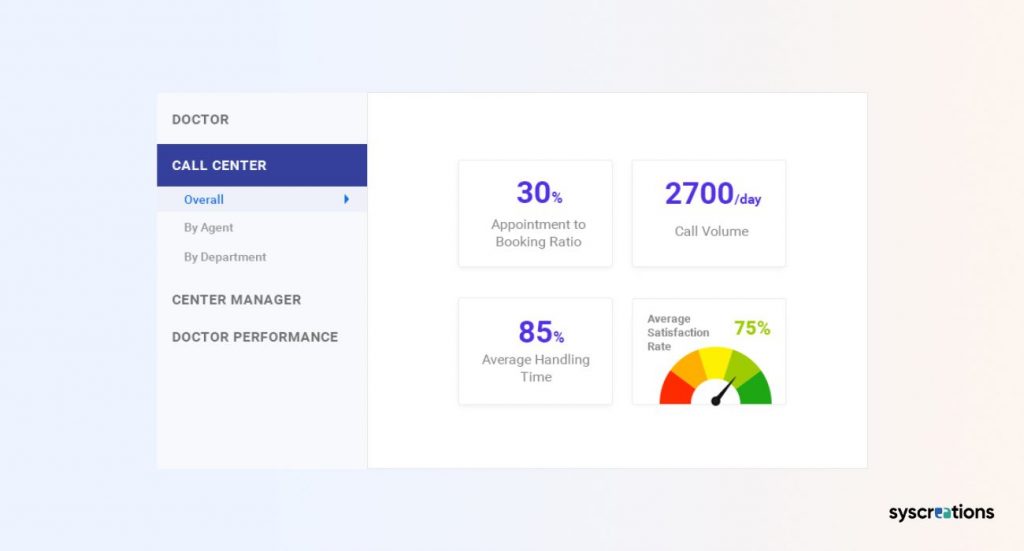
Healthcare centers always strive for improvement.
CRM software is here to help.
By gathering feedback from patients, healthcare providers can make the necessary changes to improve their services.
Imagine, a community health center that values the input of its patients.
They utilize CRM software to gather feedback on
- Wait times
- Quality of care
This feedback is then analyzed, and any necessary improvements are made promptly.
The result?
Increased patient satisfaction, and a center that has gained the trust of the community it serves.
CRM software is a vital tool for healthcare providers who want to continually improve their services and provide the best possible care for their patients.
Transform Your Healthcare Organization with CRM Software
The healthcare industry is undergoing a major transformation thanks to CRM software.
Not only does it make patient management more efficient, but it also helps providers engage with patients better and improve overall care.
The benefits of CRM technology in healthcare go beyond just administrative tasks.
It has the power to transform patient outcomes and satisfaction.
Today, it’s crucial for providers to embrace CRM technology if they want to stay competitive and deliver the best care possible to their patients.
The real-life examples mentioned here show just how transformative CRM can be in healthcare.
It has the potential to enhance patient experiences, streamline operations, and ultimately, improve the health and well-being of individuals and communities.
As we look to the future, it’s obvious that CRM will play an increasingly important role in shaping the future of healthcare.

